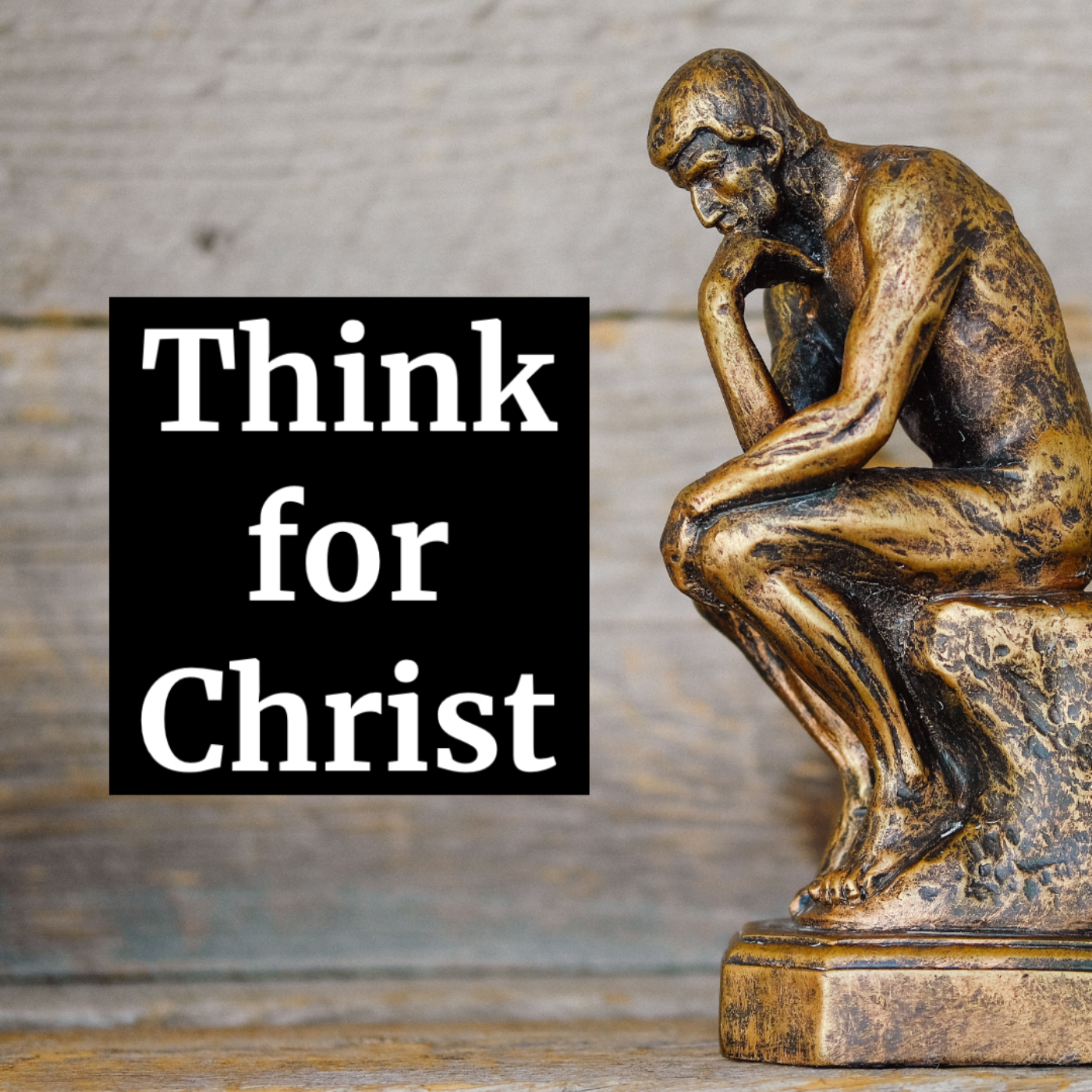Listen "Faith and Reason: Bad Faith"
Episode Synopsis
In my experience, one of the most poorly understood relations among believers is that of faith and reason. Few have a clear understanding of the nature of faith, fewer still have a clear understanding of the relationship between faith and reason in the life of a Christian. So, over the next several episodes we’re going to tackle the subject head-on and try to work our way out of this confusion. Perhaps you’ve heard some well-meaning believer say something like this: “Christianity is all about faith, or the heart, and not about reason, or the head. I don’t need evidence, argument, or reasons. I just have faith.” This sentiment may seem pious, but it actually perpetuates the false and dangerous notion that faith and reason are mutually exclusive and even in conflict with each other. The idea here is that faith takes over where reason leaves off; one must make a “leap of faith into the dark” in order to be a Christian; one must “check the brain at the door” when they enter the church. I think that many Christian believers unreflectively assume a view of faith like this; that faith is just a kind of a raw act of the will or a decision to believe that requires little involvement from the intellect. But this conception of faith is just confused and completely misguided. To see this, let’s just consider for a moment our everyday, common notion of faith. When we say that we have faith in a person, we usually mean simply that we trust that person; when we take on faith what a person tells us, we are simply accepting the person’s testimony as being trustworthy. Our everyday, commonsense notion of faith is simply this: believing something based on the authority or testimony of another. That’s it. There’s no notion here of a blind leap into the dark, or of a suspension of our rational faculties, or of gullibility. These are all ideas that we often associate with the idea of faith, but that are no part of the notion of faith as such or in itself. Whether or not our faith or trust in the authority or word of another is rational or reasonable is a separate question. If the authority or witness in whom we have placed our faith is trustworthy, if we have good reason to believe that they are an authority in what they say, then our faith is reasonable, it is rational to trust them. If, on the other hand, the authorities or witnesses in whom we have placed our faith are untrustworthy––if we have no good reason to trust what they say, or if we have good reason to doubt that they are an authority in what they say––then our faith will be to that extent unreasonable; it will be irrational to put our faith in them. Faith as trust or belief based on the authority or testimony of another will be reasonable or unreasonable depending on the quality of the witness. Credible witnesses make for a reasonable faith. Faith is not a defective act of the mind, it is a natural and legitimate mode of human knowing.
More episodes of the podcast Think for Christ
God's Perfection and Infinity
18/09/2025
God's Simplicity and Unity
08/09/2025
God's Aseity and Necessity
28/08/2025
 ZARZA We are Zarza, the prestigious firm behind major projects in information technology.
ZARZA We are Zarza, the prestigious firm behind major projects in information technology.
